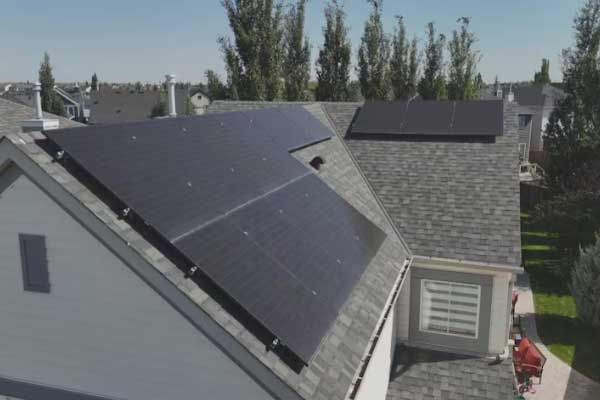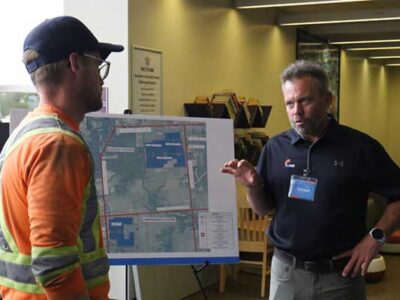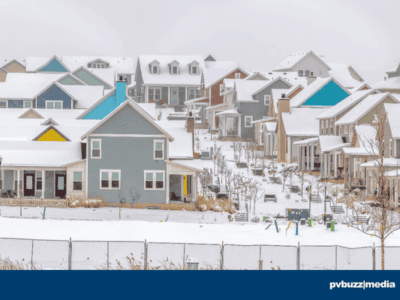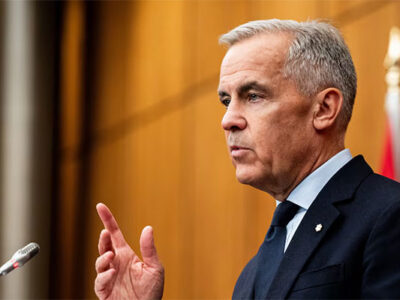- The $1.28M project will install solar panels on 123 homes, prioritizing elders and low-income residents.
- The initiative is funded by federal grants and Raven Outcomes, with installation and maintenance training provided to local workers.
- Onion Lake aims to equip every home with solar panels within 10 years, serving as a replicable model for other First Nations.
On the windswept plains along the Alberta-Saskatchewan border, the Onion Lake Cree Nation is taking energy into its own hands—literally and figuratively. The community of roughly 7,000 people has launched a rooftop solar initiative that is being hailed as both pioneering and deeply practical.
With construction now underway, solar panels will soon power 123 homes—an effort aimed at cutting utility bills, building local capacity, and strengthening energy independence.
“We’re definitely a pioneer in this field moving forward,” said Jake Aaron, Director of Capital Projects for Onion Lake. “Hopefully, more will follow the processes we’re doing right now and make their own communities more sustainable.”
Rooftops Over Megaprojects
In a region known for its sunlight, both Alberta and Saskatchewan rank among Canada’s sunniest provinces, the $1.28-million project is being closely watched. Unlike large-scale solar farms that often face community opposition and long permitting timelines, Onion Lake’s approach is focused, local, and fast-moving.
The project is funded through a combination of federal grants and over $500,000 in support from Raven Outcomes, an organization that helps Indigenous communities access funding and build sustainable infrastructure. The remaining funds are coming through Natural Resources Canada’s Greener Homes Grant, with support from the Canada Mortgage and Housing Corporation.
“This is the first set of 30,” Aaron said. “With our partners, they’re doing two homes a day. So 10 years to have every home in Onion Lake [equipped with solar] is very doable.”
Prioritizing Households
Aaron says homes were selected based on need, with elders and social assistance recipients prioritized. The only condition: roofs must have a lifespan of at least 10 years to qualify.
“I always have a 10-year realistic goal plan and I think that’s very doable,” Aaron added. “We are starting our construction on the set of the first 30.”
Importantly, the installation process is also serving as a local skills development program. “Workers in Onion Lake will help install the solar panels and learn how to maintain them,” Aaron noted.
Model for Other Nations
For Raven Outcomes, this is exactly the kind of project that delivers real, immediate value.
“That’s really our sweet spot,” said Wáhiakatste Diome-Deer, the organization’s Senior Director of Strategy. “Smaller initiatives that affect people’s day-to-day lives directly.”
Diome-Deer emphasized the project’s replicability: “The community deserves credit for leading the way on the solar project. We want to partner with more communities in Saskatchewan on projects like the one in Onion Lake.”
Looking Ahead
The panels are being installed by Ridgeline Solar Ltd., an Alberta-based company. As more communities explore clean energy transitions, Onion Lake Cree Nation’s locally-driven, equity-focused model may serve as a guiding light.
Aaron is confident in the return on investment: “I expect the savings from the program to more than pay back the investment over 10 or 15 years.”
In a political and economic landscape where Indigenous communities have often been excluded from energy decision-making, Onion Lake is charting a different course—one powered by sunlight, sovereignty, and self-reliance.













Comments